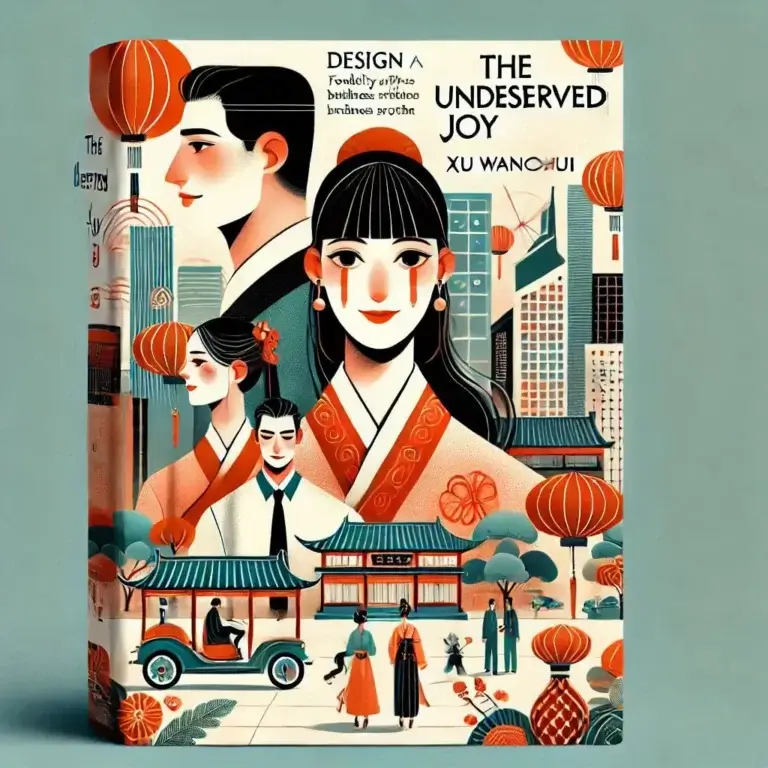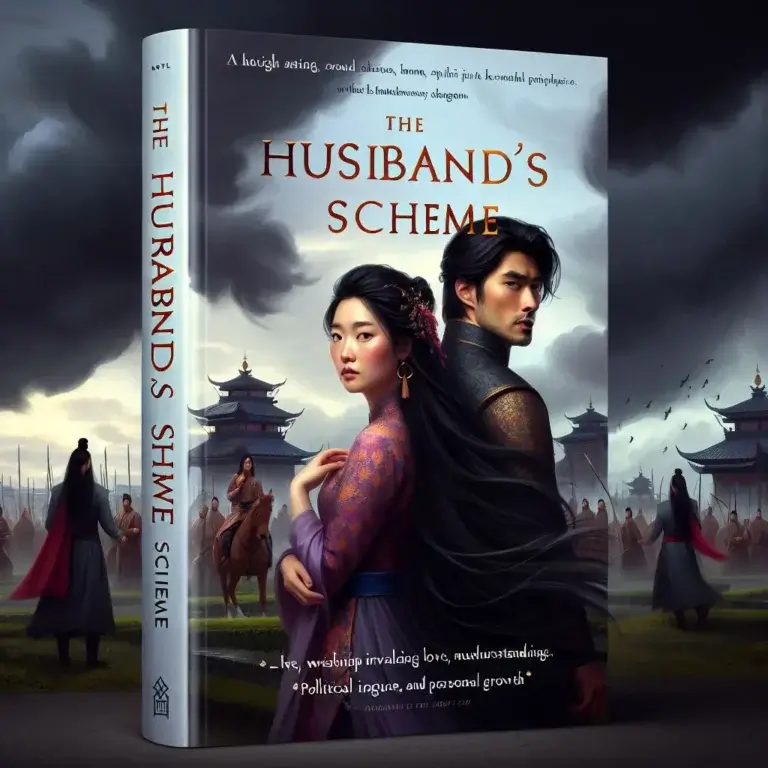He realized he needed to interrupt Xia Yiwei’s dialogue and take control of the scene. This was part of Qi Shejiang’s expertise; even before stepping onto the stage, he had already raised the microphone, ready to speak—
The teleprompter displayed the name of the next song and the first few lines of lyrics: “He Bi Xi Xiang.”
“
At the same time, Xia Yiwei asked, “Is there a young person in the audience who can sing this song? It’s an old song from traditional Chinese themes.”
In that instant, Qi Shejiang changed his mind!
From the song title and lyrics, he recognized it as rooted in an ancient Chinese novel of the same name. “He Bi Xi Xiang,” also known as “Mei Hua Meng,” originally took the form of a storytelling novel, later appearing in various traditional performances.
Qi Shejiang couldn’t sing Xia Yiwei’s version of “He Bi Xi Xiang,” but as a crosstalk performer, he was like a general store, needing to learn and master everything.
Let’s put it this way: he could learn and sing all the versions of “He Bi Xi Xiang,” including in storytelling, drum tunes, Beijing opera, and Henan quyi, among others!
Thinking this through, Qi Shejiang found himself right in front of Xia Yiwei, who took his hand and smiled.
When the prelude began, Qi Shejiang recognized the shadows of a drum tune within it, which gave him more confidence.
Drum tunes refer to a genre of folk arts comprised of many styles, including Jingyun Dagu, Meihua Dagu, Handeng Dagu, Henan Zhuizi, Shandong Qinshi, and so forth.
Having been in the entertainment industry for years, Xia Yiwei felt at ease on stage and said, “Come a little closer, don’t hide! Now everyone knows we’re mother and son.”
A crosstalk performer could never let a comment fall to the ground. With quick reflexes, Qi Shejiang shot back, “If we stand too close, I’m afraid we’ll both break!”
The audience below took two seconds to react, bursting into laughter. Qi Shejiang’s words clearly implied that the media playfully referred to them as a vase couple, suggesting that two vases shouldn’t be too close together to avoid breaking.



